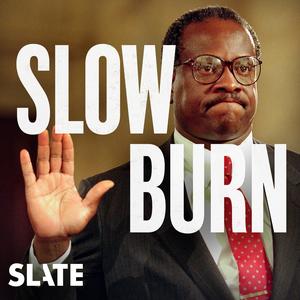
In episode #43 of the “How to Talk to People” podcast, the host, Chris, dives into the topic of whether social media is bad for us. As a podcast dedicated to the power of social connection, Chris addresses the loneliness epidemic and friendship recession that is on the rise. This episode features a Q&A session with audience questions, covering various aspects of social media and its impact on our lives.
Social media has both positive and negative impacts on our lives. While it can be a useful tool for self-promotion and connecting with others, it also exposes us to toxic individuals and cyberbullying. The key lies in how we use social media. Active engagement, such as exchanging ideas and encouraging others, can foster a sense of connection. However, passive use, like mindlessly scrolling, can negatively affect our mental health and self-esteem.
When it comes to conversations, active listening and authenticity are crucial. Going beyond small talk and asking unique questions can lead to memorable moments and deeper connections. It’s important to break free from social scripts and embrace curiosity. Deep conversations have a lasting impact compared to superficial exchanges.
While best friends hold a special place in our lives, weak ties and acquaintances shouldn’t be overlooked. Opportunities often arise from these connections, and dormant ties from the past can lead to unexpected opportunities in the future. Dr. Jeff Hall’s research highlights the time and effort required to build a best friend, emphasizing the importance of investing in relationships. Acquaintances can also bring unique experiences and opportunities.
Social media is a powerful tool that can both connect and disconnect us. It’s essential to use it actively, engaging with others and fostering genuine connections. While social media should not replace face-to-face interactions, it can complement our social lives when used mindfully. By prioritizing active listening, curiosity, and meaningful conversations, we can navigate social media’s challenges and harness its potential for building genuine connections.